Google Chrome and Firefox, which browser 'consumes' more RAM?
Google Chrome is a pretty user-friendly browser, many useful features that are quite popular today, but its weakness is consuming too much RAM on a user's computer. With daily 'gentle' activities such as reading news, surfing Facebook, checking Mail, watching videos on YouTube . Google Chrome has accounted for nearly half of the RAM making the user's computer slow.
As for Firefox, in November 2017, Mozilla announced that the latest version of the browser uses 30% less RAM than Chrome on Windows. When based on theory, Firefox browser can run 30% more tabs and extensions than Chrome.
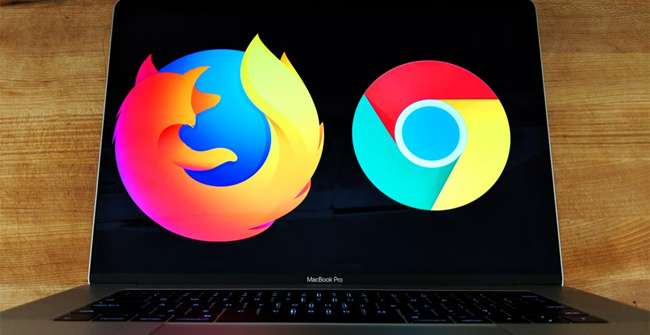
But in fact, is this statement really accurate? To test whether Chrome or Firefox consume more RAM on a user's computer, Business Insider technology has done some testing. Specifically the testing process takes place as follows.
Tested on macOS
Step 1: Download and install Firefox for Mac

Step 2: On Mac, log in with the Guest Account.

Step 3: Open Chrome browser and open about 10 to 30 different tabs with different websites.
Note: Note the open websites.

Step 4: Check how much RAM the browser is consuming.
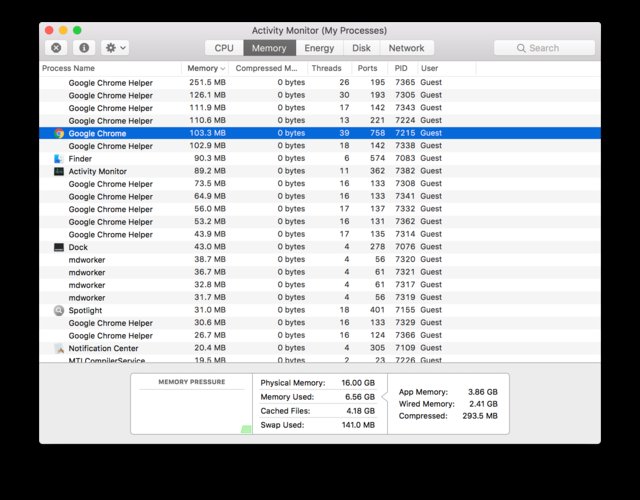
Users can use Activity Monitor on macOS to see how much RAM Google is consuming.
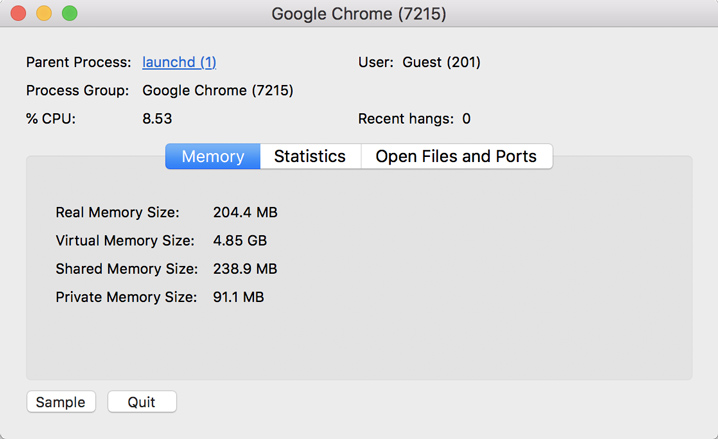
Step 5: Close Chrome and open Firefox. On this browser, also open the same number of tabs and web pages as you did with Chrome in step 3.

Step 6. Check how much RAM Firefox is consuming.

Test results of technology site Business Insider show that, when running with 10 Firefox sites are using "real" and "virtual" memory much more than Chrome. When trying with 30 tabs, the amount of RAM Firefox uses is still more than Chrome.

Tested on Windows 10:
The testing process on Windows 10 will be a bit different than on Mac because it doesn't have "guest" mode like macOS.
Step 1: To refresh Chrome and remove all extensions to get the most accurate results, turn Chrome into a guest account (Guest).

Step 2: Open Chrome browser and open about 10 to 30 tabs with different websites.

Step 3: Check how much RAM Chrome is using.
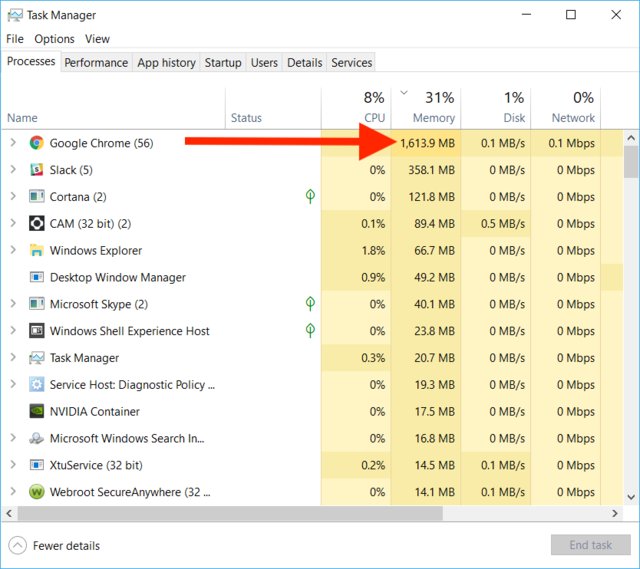
Step 4: Install Firefox and close Chrome. Then open Firefox and open the same number of tabs and web pages as Chrome.

Step 5: Check the amount of RAM that Firefox is using.
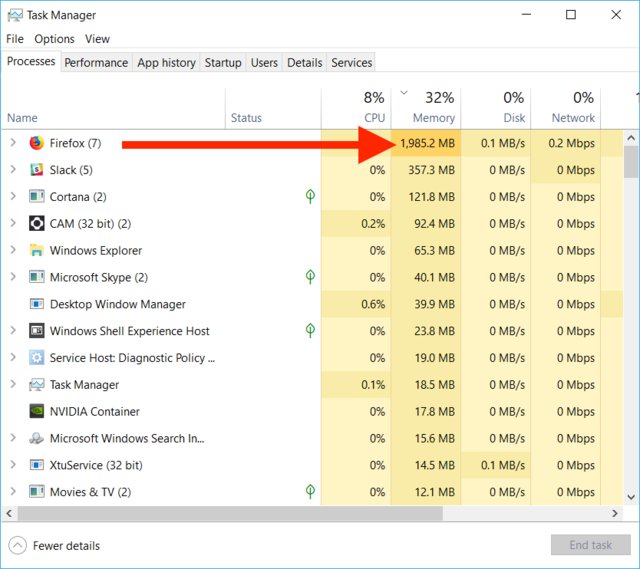
In Task Manager, at the Memory column, which browser has a higher number when running the same number of tabs and web pages, the ability to slow down the computer is higher.
Test results of Business Insider technology page on Windows 10 give similar results on macOS: Firefox uses more RAM than Chrome.
So we have the answer to the question, where is the browser consuming RAM on your computer?
See more:
- RAM-consuming browsers are not necessarily bad and this is the reason
- Is it true that Android costs more RAM than iOS?
- The security feature prevents the Specter vulnerability, which makes Chrome account for 10-13% more computer RAM
- Chrome and Firefox have a serious security flaw, there is no way to fix it
You should read it
- ★ Which browser is the fastest on Android: Chrome, Firefox, Samsung Browser or Edge?
- ★ Chrome is about to take second place of Firefox
- ★ How to speed up the operation of Chrome and Firefox?
- ★ Mozilla is determined to improve Firefox's speed to compete with Chrome
- ★ IE9, Chrome 10 and Firefox 4: Which browser is better?